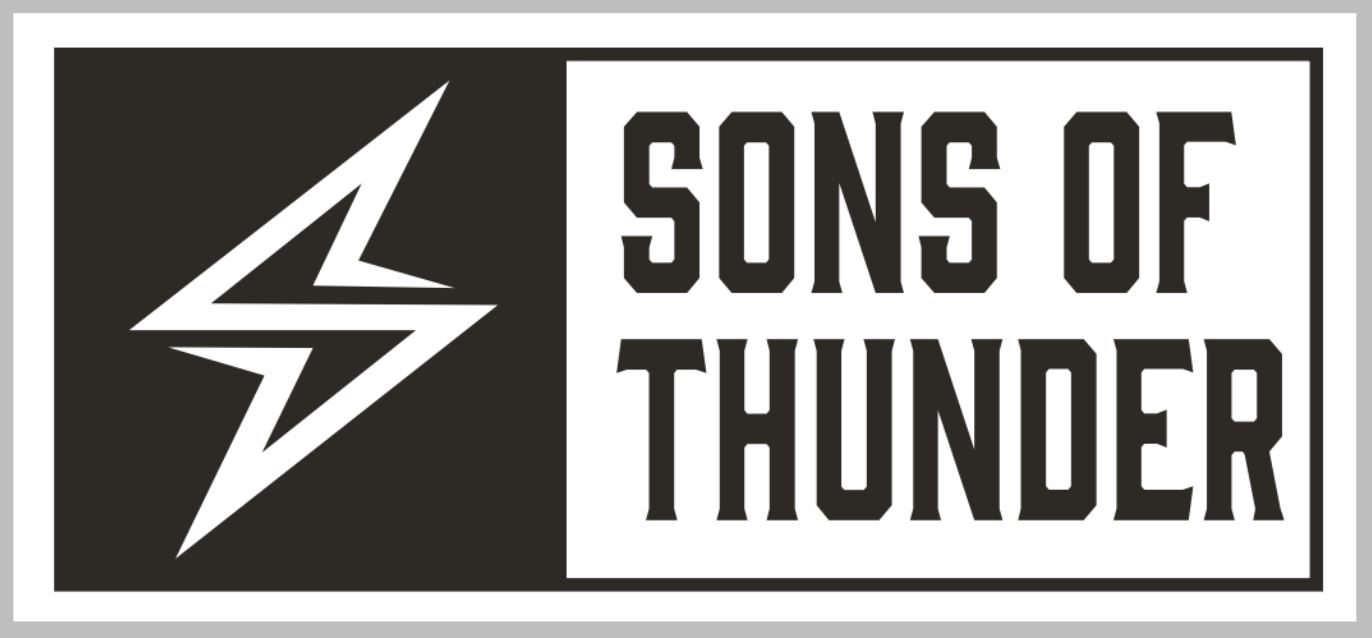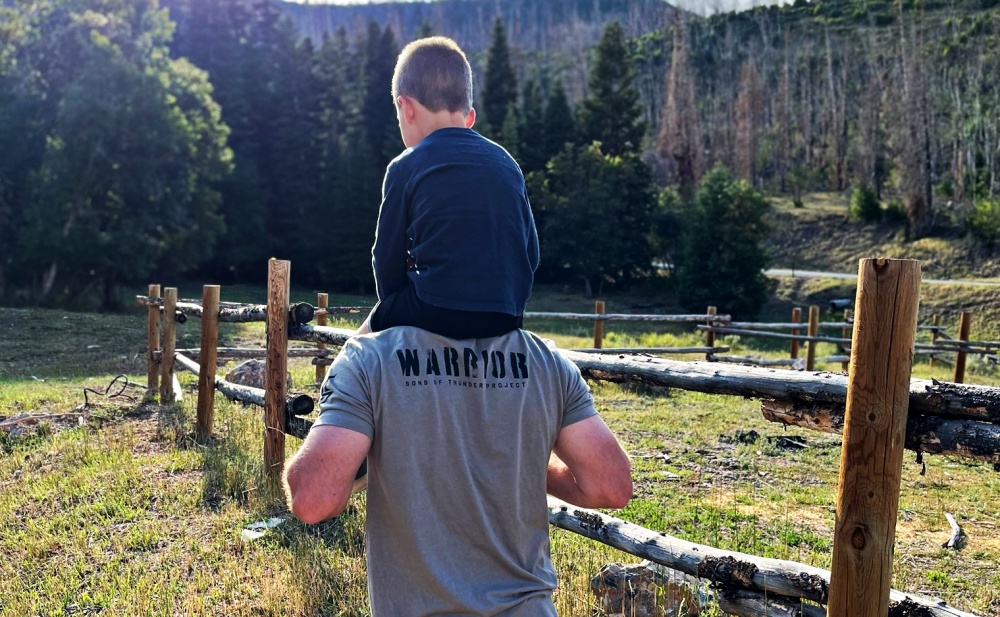When it comes to examples of men that are real men, and I mean honest to goodness tough, gritty, strong and capable men, there is one man that stands out in my mind- Captain Moroni.
Recorded in the Book of Mormon, Moroni is a Nephite leader, the commander of all of the Nephite armies. He is a tough-as-nails, no nonsense warrior, and an unapologetic follower and disciple of Jesus Christ. Sounds like the kind of guy that most of us would want to be, right? The Book of Mormon describes Moroni as a “strong and mighty man” and a “man of perfect understanding.” 1 He was a hardworking man that cared deeply about God, his family and his country.2 Ultimately the record says of Moroni- “…. if all men had been, and were, and ever would be, like unto Moroni, behold, the very powers of hell would have been shaken forever; yea, the devil would never have power over the hearts of the children of men.” 3
Moroni vs. Zerahemnah
There is one specific account of Moroni that, above all others, demonstrates the qualities required of a real man. We read an account of Moroni as he and his armies engage the Lamanite invaders, led by Zerahemna, a fierce warrior in his own right. Zerahemna is filled with hate, desiring nothing more than to destroy Moroni and make slaves of the Nephites. Through superior strategy, preparation and strength, the men of Moroni surround the Lamanite armies until it is clear that the Nephites will be victorious. With victory assured, Moroni commands his men to stop the bloodshed and gives the Lamanites two options. Option #1- Give up your weapons and leave with an oath never to return again against the Nephites to battle. Option #2 is best read in Moroni’s own words- “And now, if ye do not this, behold, ye are in our hands, and I will command my men that they shall fall upon you, and inflict the wounds of death in your bodies, that ye may become extinct; and then we will see who shall have power over this people; yea, we will see who shall be brought into bondage.”4 Moroni doesn’t beat around the bush, eh? Zerahemnah remains stubborn for a time but is ultimately compelled to accept the first option and departs with what is left of his army, never to be mentioned again.
Two Qualities
This encounter highlights two major qualities that make Moroni the kind of man that can “shake hell.” First, physical and mental strength, and the capability and determination to defend his religion, his family and his country. Moroni is no pushover. He is not a “nice” guy. Moroni knows what is right and what is wrong. He is willing to draw the proper line in the sand and has the capability and willingness to enforce it (verbally first, and physically if necessary). Second, Moroni has an aversion to violence and has the spiritual tuning and moral clarity to know when and how to defend his people. Moroni states when addressing Zerahemnah, “we have not come out to battle against you that we might shed your blood for power; neither do we desire to bring any one to the yoke of bondage.”5 Too often, men are told that these two qualities are in conflict. Either you are a strong, physically and mentally tough man that is capable of violence, or you are a kind, loving man that cares about others. However, these qualities are not at all in conflict and in fact are both necessary to become the kind of man capable of impacting our families and society for good. This has made me wonder- who would Moroni have been if he had possessed only one, rather than both, of these qualities.
The Godless Warrior
First, let’s examine who Moroni would have been if we eliminated quality #2 from our hero. Here we have a man that is fierce, strong, aggressive and extremely capable. He is an imposing force and a fierce warrior. But he has no God. No moral clarity or direction for his aggression and strength. History and human nature teach us that this sort of man begins quickly to pursue power and money. And because he is so physically and mentally capable, he likely acquires them both. He becomes a god unto himself and maybe an outright tyrant. He worships himself, and why not? With no higher law or moral purpose guiding him, he sees nothing wrong with his actions, but rather assumes that he deserves or has earned his status through his significant physical and mental capabilities. In fact he becomes not unlike Zerahemnah, the bloodthirsty Lamanite warrior, constantly in pursuit of more. A godless warrior.
The Impotent Wisher
Let’s see who our capable leader becomes if we remove quality #1. Now we have a man with an aversion to violence, a strong moral compass and a love of God. He is a decent man with good desires. But when his beliefs are called into question or outright attacked, he shrinks into the shadows, assuming mistakenly that his aversion to conflict makes him “good.” He wishes for good and righteous things to happen in his town and country, but finds himself nodding along with the crowd, afraid that disagreement may offend his neighbor. He wishes for his children to love God and follow Him, but when confronted with a wayward child, hesitates to correct, afraid of straining the relationship. This man considers physical strength and capability as unnecessary, after all, there is never an excuse for violence. He desires desperately to be good, but ultimately will only achieve the status of “not bad.” An impotent wisher.
Who Will You Become?
Become the man that God intends for you to be. The world is drowning in men that are simply “not bad,” but that is not good enough for you or me. Develop abilities that will make you a formidable adversary to your enemies both physically and intellectually. Build muscle and gain wisdom. Read the words of the Savior and his disciples, study their actions, seeking to become like them. Prepare yourself and “…be ready always to give an answer…”6 to anyone that may question your hope or your convictions. We must be the men that defend the fortress with strength and compassion. The future will require nothing less.




